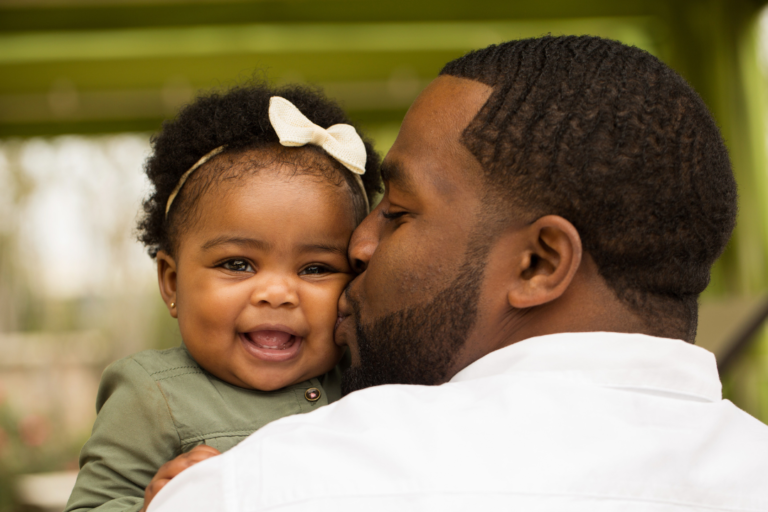The path to a good night’s sleep – “show us the way!” you might be thinking. The sometimes harsh reality is that when a baby is born, so is a mother and a new relationship. In the months after birth, your new baby will have the task of making sense of the world. Likewise, mom has months and years ahead of her in which she has to learn how to soothe her little one and settle her into good sleep habits. Teaching your baby to sleep well is a learning curve for you and your baby. Here’s how to navigate your way to restful sleep.
10 steps on the path to a good night’s sleep
- Your expectations will determine your response to sleeplessness. You need to expect disrupted nights intermittently during your baby’s first three years.
-
- When your baby is very young, she will wake frequently for feeds. It is important to meet these needs and feed your baby. Do not ‘dummy’ her in an attempt to make her drop a night feed – she will wake again within an hour as her basic need of hunger, was not addressed.
- When your baby goes through a growth spurt, she may wake more frequently at night and during the day expecting to be fed. Growth spurts occur at different ages in different babies but you can expect your baby to need more frequent feeds at around 6 weeks and 4 months old. By following your baby’s lead and feeding her, you will increase your milk supply to meet her increased demand and within a few nights your baby will resume her old sleep pattern.
- When your baby is ill at any age, you can expect sleep disruptions
- Toddlers classically push the boundaries and wake needing comfort or may wake due to bad dreams.
- Teach your baby the skill of self-soothing. From 3 – 4 months onwards you can expect your baby to start to access self-soothing behaviours such as sucking her hands or using a ‘doodoo’ blanky to fall back to sleep.
- Give your baby the opportunity to settle herself. It is tempting to respond the second you hear your baby whimper at night to avoid her waking fully. The reality is that babies are noisy sleepers and it is worth listening to her fussing at night for 3-5 minutes before responding to see if she settled herself.
- Day sleep begets night sleep. Having a regular day sleep routine will mean your baby is not overtired and resisting falling sleep. Do not be tempted to follow the flawed logic that keeping your baby awake will ‘tire her out’ so she will sleep well at night. Babies who do not sleep well during the day frequently do not sleep well at night.
- Watch your baby’s ‘awake time’. How long your baby has been awake will determine when she should go back to sleep. To set up a healthy day sleep routine, remember to stick to the recommended awake times.
- Deal with separation anxiety as it arises. Separation anxiety causes sleep disruptions. Between 8 and 10 months of age, babies become unsettled when separated from mom and may wake for comfort. When a new sibling is born or when mom goes back to work you may also find your baby or toddler needing to be emotionally placated at night.
- Rule out illness as a cause of night wakings. If your baby has been a good sleeper and you find a sudden disruption to sleep cycles and that your baby is waking frequently at night, it could well be due to illness or some other health issue. Rule out the following and take your baby to a doctor if you suspect:
-
- Reflux causing acidic burning in the oesophagus, usually in young babies – under 3 months of age.
- Teething causes mild disruptions for a night or two in babies over 6 months of age.
- Worm infestation can cause nighttime irritability in toddlers.
- Glue ear or an ear infection can lead to frequent night wakings even after your baby is over a cold or snotty nose.
- Some medications cause babies to be wakeful at night – ask your doctor for side effects of meds if your baby is on chronic medication.
- Follow a calming bedtime routine. Each night, enact the same calming routine to help your baby prepare for sleep.
-
- Bedtime must be between 6 and 7pm, no later for babies.
- An hour before bed, bath your baby in warm water with calming scented bath products
- Give your baby a soothing massage before dressing her
- Do not leave your baby’s bedroom between bath and bed time
- Read your baby a story
- Give the last feed of the day in your arms, never feed your baby in the cot
- Rock and sing to your baby until she is drowsy and has long tired blinks – but is not fully asleep
- Put your baby down to sleep awake but drowsy
- Set up a ‘soothing sleepy space’. Make sure that on every sensory level, your baby’s sleep space is calming. Some ideas for a calming sleep space are lavender scents, dimmed lights, gentle lullabies or white noise playing in her room, soft sheets and a sleeping bag to keep your baby warm.
- Don’t wake sleeping babies. Babies need to develop their own sleep cycles and the ability to go from a light sleep state into a deep sleep state again. If you wake your baby, you inhibit her natural ability to sleep for longer stretches. The only circumstances when babies should be woken are:
-
- If your newborn sleeps for stretches longer than 3 ½ hours during the day and is waking frequently at night – wake her to make sure she feeds more in daylight and sleeps more at night.
- If your toddler is sleeping late in the afternoon, wake her so that she will go to sleep at a reasonable hour in the evening. Up to a year wake your baby is she sleeps past 4:30pm; after a year of age, do not let your toddler sleep after 3:30 or 4 pm
- If your premature baby or full term baby is not gaining weight well, your well baby nurse may advise you to wake her at night. Otherwise, babies should not be woken at night.
On the journey to help your baby sleep well, you are in good company. There is not a time in our lives when we are as fatigued as the first few years. By implementing gentle sleep strategies you will help your baby to develop good sleep habits. Subscribe to Parent Sense to access and easy-to-follow, flexible routine to help your baby sleep well during the day and night.




